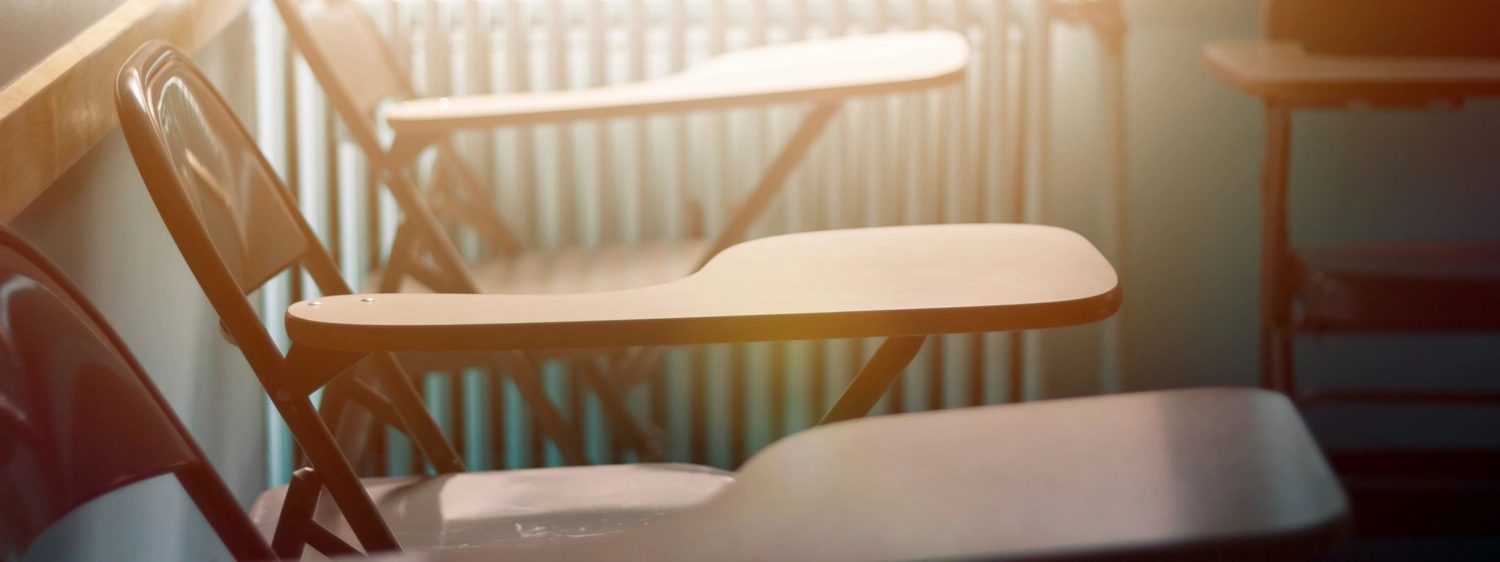by Margarita Mooney Clayton on October 18, 2019
This piece originally appeared at RealClearPolicy as part of a series centered on the American Project, an initiative of the Pepperdine School of Public Policy. The project looks to the country’s founding principles to respond to our current cultural and political upheaval.
Since the founding, Americans have cared about preserving a tradition of liberal arts education because liberal arts education is key to a free society. But, characteristically, we have not always agreed about what a liberal arts education is or should be.
In his book, “Education at the Crossroads,” written in the midst of the Second World War, the French philosopher Jacques Maritain offered a hopeful challenge to American educators:
I am convinced that if [America] frees itself from the background of an instrumentalist and pragmatist philosophy which is but a hindrance to its inspiration, and which takes the edge off the sense of truth in our minds, this profoundly personalist and humanist educational venture will push forward with renewed power to a new work of pioneering.
Only a “personalist and humanist” philosophy, Maritain argued, can provide the basis for education in a free society such as the United States. What is a “personalist and humanist education venture,” and why is it better than one based on instrumentalism and pragmatism?
Continue reading at RealClearPolicy.
